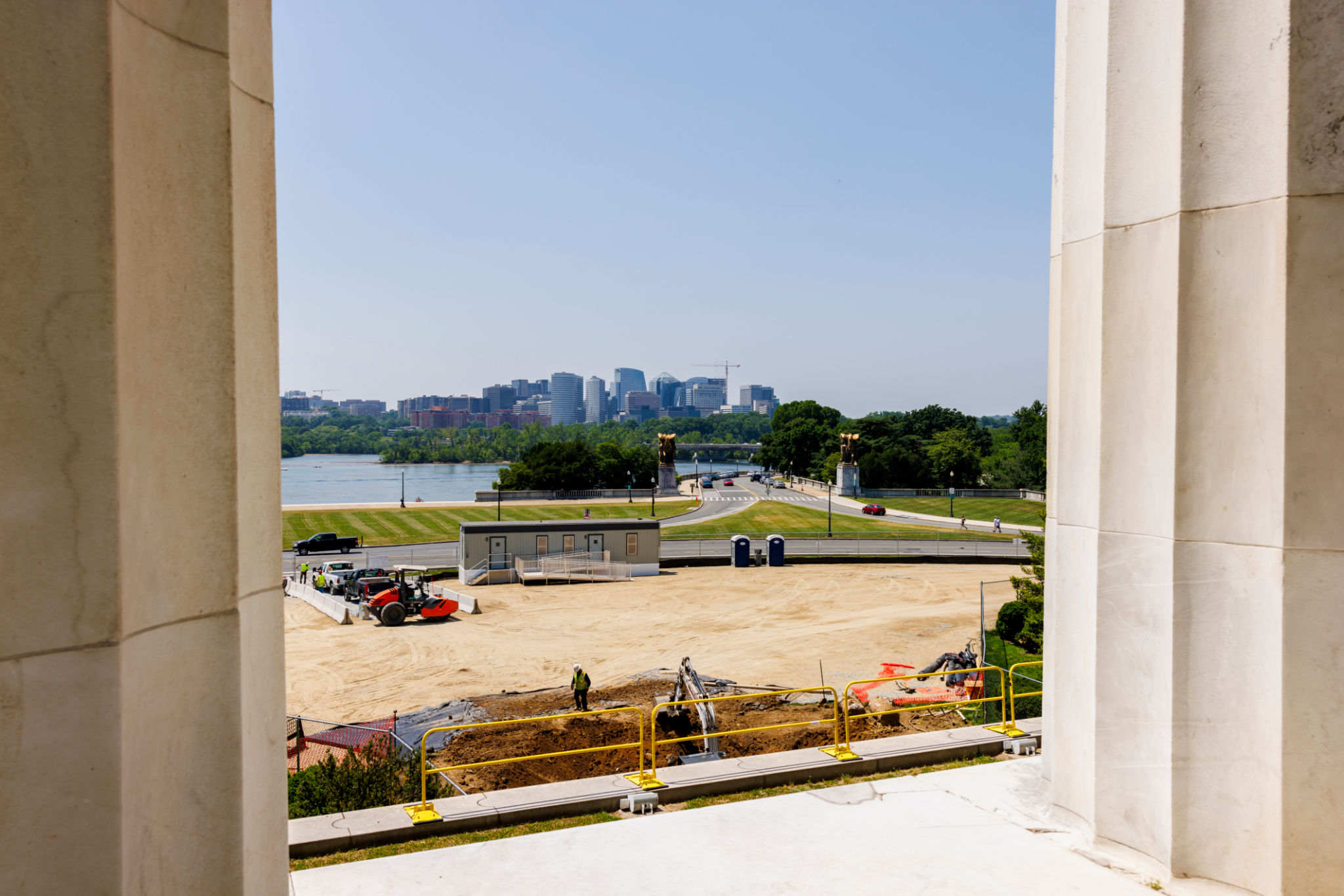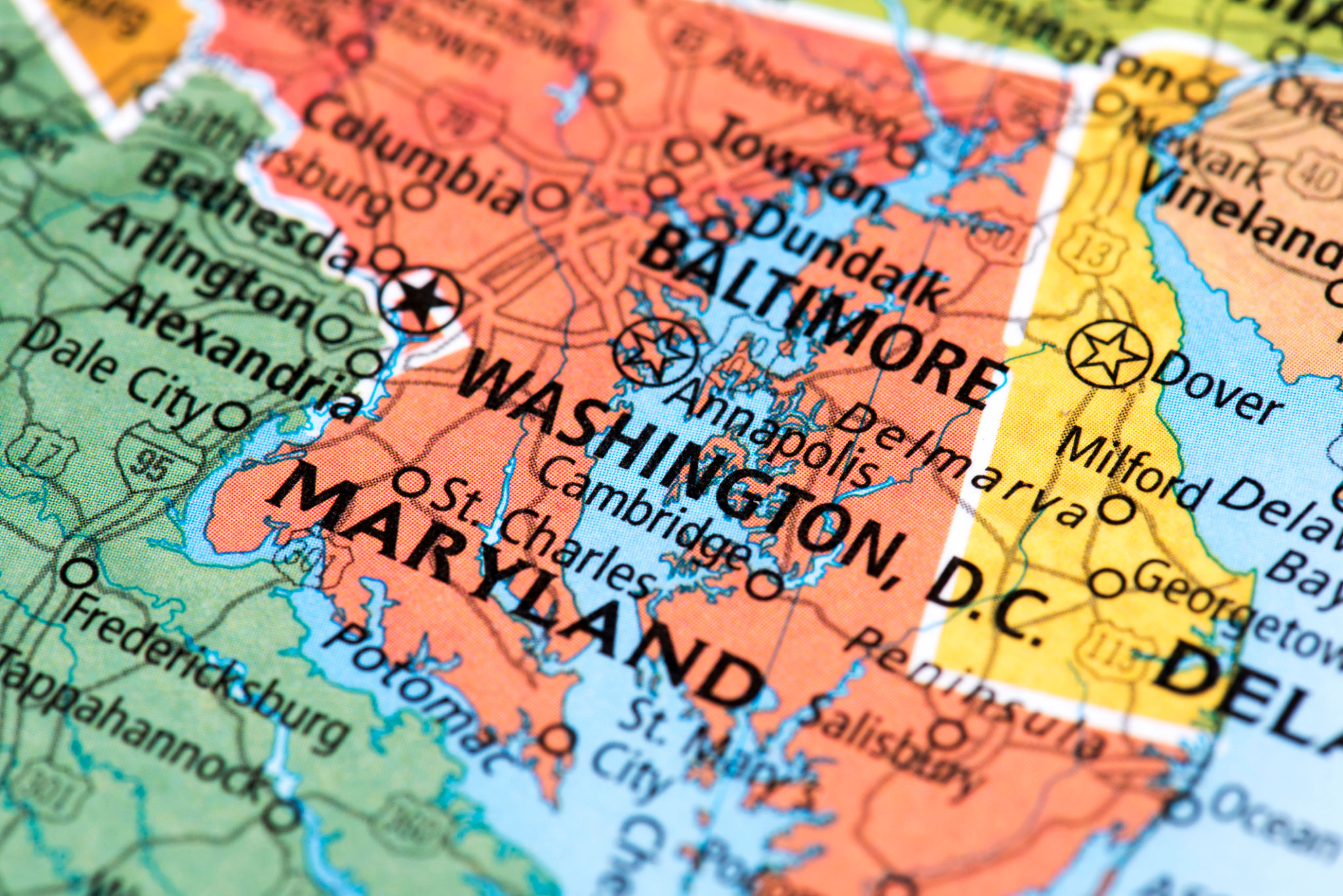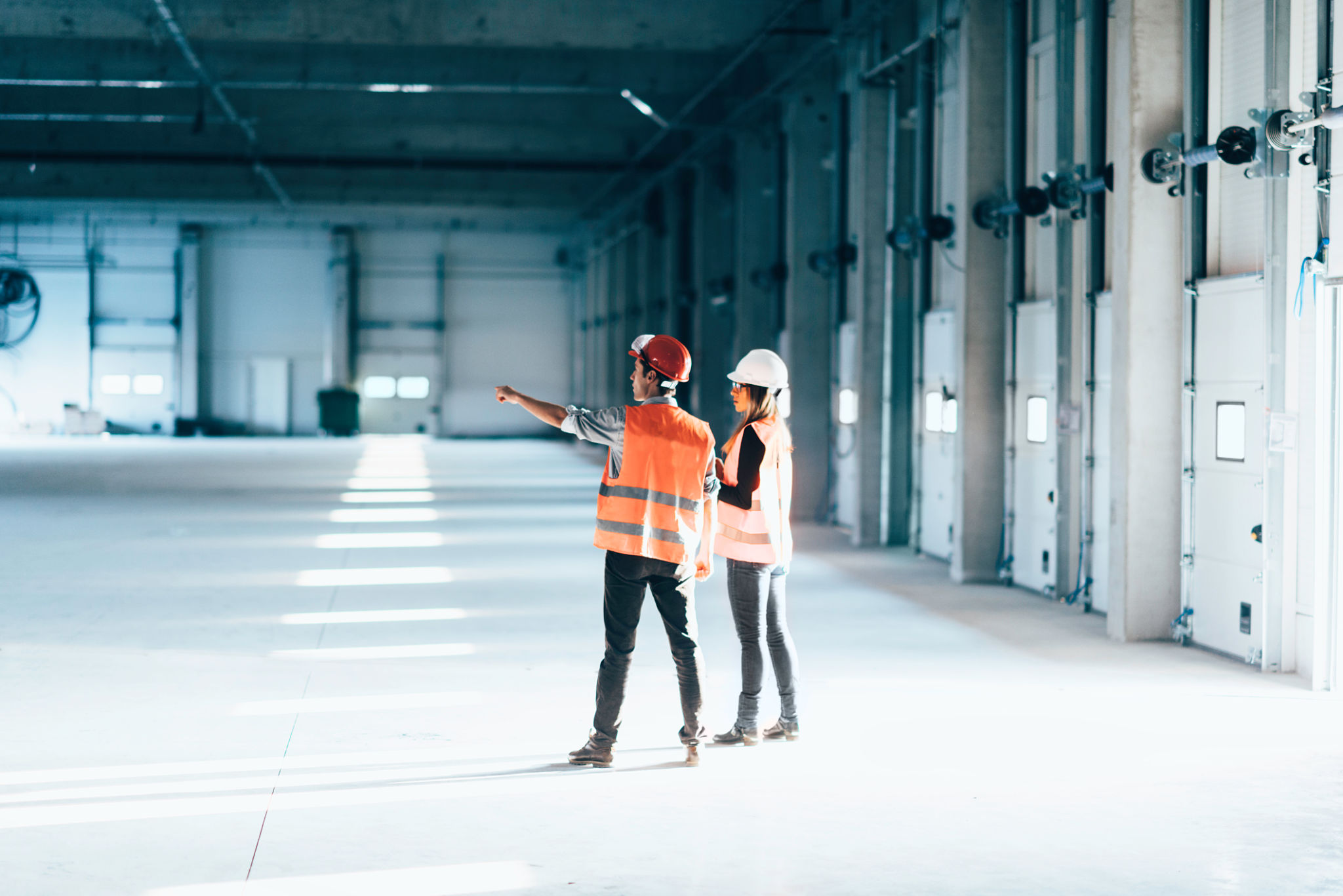Expert Insights: How to Navigate Local Regulations in DC Construction Projects
Understanding the Importance of Local Regulations
When undertaking construction projects in Washington, D.C., navigating local regulations is crucial for a successful outcome. The city’s unique landscape, historical significance, and urban density mean that construction projects must comply with a variety of rules and guidelines. Understanding these regulations not only ensures legal compliance but also helps in avoiding costly delays and potential fines.
Local regulations in D.C. are designed to maintain the city's architectural integrity, protect its historical landmarks, and ensure safety standards. These regulations cover zoning laws, building codes, environmental considerations, and more. For any construction professional, gaining a comprehensive understanding of these regulations is a step that cannot be overlooked.

Navigating Zoning Laws
Zoning laws in Washington, D.C., are especially complex due to the city’s blend of commercial, residential, and governmental areas. These laws dictate what can be built and where, influencing everything from the height of buildings to their architectural style. For project managers and contractors, understanding zoning classifications and their implications is essential.
Zoning laws can be divided into several categories such as residential, commercial, industrial, and special purpose zones. Each category has its own set of restrictions and allowances. Consulting with a zoning expert or legal advisor can provide clarity and help avoid potential issues that could arise during the planning phase.

Complying with Building Codes
Building codes in D.C. ensure that structures are safe for occupants and the surrounding community. These codes cover aspects such as structural integrity, fire safety, electrical systems, and accessibility. Staying updated with the latest amendments to these codes is vital for any construction project.
Project managers should work closely with architects and engineers to ensure that all design plans adhere to the current building codes. Regular inspections by qualified personnel can help identify any non-compliance issues early on, allowing for timely corrections and preventing future complications.

Addressing Environmental Regulations
Environmental regulations play a significant role in D.C.'s construction projects due to the city's commitment to sustainability and green initiatives. These regulations address issues such as waste management, pollution control, and energy efficiency. Ensuring compliance with these rules not only benefits the environment but also enhances the reputation of the construction company involved.
Implementing sustainable practices like using eco-friendly materials or incorporating energy-efficient systems can help meet environmental standards. Additionally, obtaining necessary permits from agencies like the Department of Energy & Environment ensures that projects adhere to all environmental guidelines.
Obtaining Necessary Permits
The process of obtaining permits in Washington, D.C., can be intricate and time-consuming. Permits are required for various aspects of construction, from demolition to occupancy. Failing to secure the necessary permits can lead to significant delays and legal repercussions.
Working with experienced permit expediters can streamline this process, as they are familiar with the specific requirements and procedures involved. Engaging with local authorities early in the project planning stage can also facilitate smoother permit acquisition.

Leveraging Expert Advice
Partnering with local experts who have extensive knowledge of D.C.'s construction landscape can be invaluable. These professionals can offer insights into navigating the regulatory environment effectively and efficiently. Whether it’s hiring a local consultancy firm or collaborating with experienced contractors, having expert guidance can significantly impact the success of your project.
Moreover, attending workshops or seminars on local construction regulations can provide further learning opportunities and keep your team informed about any updates or changes in the regulatory framework.
Conclusion
Navigating local regulations in Washington, D.C., requires careful planning, attention to detail, and expert guidance. By understanding zoning laws, building codes, environmental regulations, and permit requirements, construction professionals can ensure compliance and contribute to the city’s thriving urban development. Prioritizing these regulatory aspects not only safeguards projects legally but also enhances their overall quality and sustainability.
